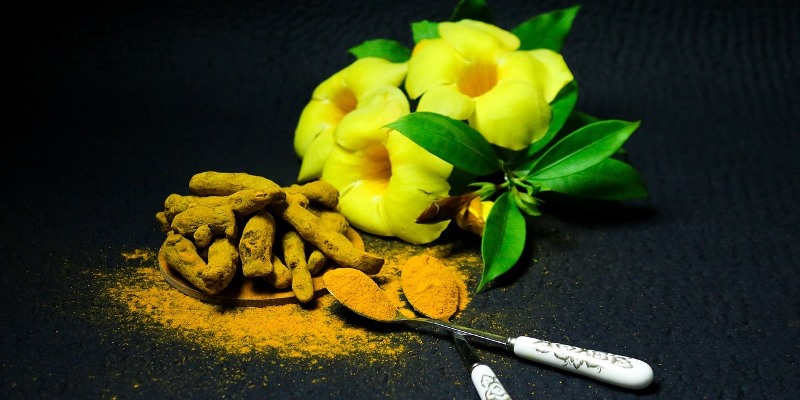
Electrolytes. The word could summon pictures of extraordinary competitors chugging down neon-hued drinks. However, electrolytes, especially potassium, are significant for everybody’s wellbeing. They’re minerals that direct power in your body, assuming an essential part in muscle capability, nerve motivation, and keeping up with a solid pulse.
Here’s where potassium gummies come in. These tasty chews offer a convenient way to boost your potassium intake, potentially providing a range of health benefits. But are they the right choice for you? Let’s delve into the world of potassium gummies!
What are Potassium Gummies?
Potassium gummies are a fun and scrumptious alternative to standard potassium supplements. Not at all like containers or tablets, these chewy candies are frequently loaded with delectable flavors and come in different shapes and sizes. They regularly contain potassium citrate, a promptly consumed type of mineral.
What are Potassium Gummies Really Great For?
Potassium lacks are shockingly normal. The Public Foundations of Wellbeing reports that under 10% of Americans meet the suggested day-to-day admission (RDI) of 4,700 mg. This is where potassium GUMMIES can be a useful device. Here is a glance at a few possible advantages:
- Maintaining Electrolyte Balance: Potassium works hand-in-hand with sodium, another electrolyte. A proper balance is essential for muscle function, nerve impulses, and hydration. Potassium gummies can help replenish electrolytes lost through sweat, especially during exercise or hot weather.
- Supporting Muscle Health: Potassium plays a vital role in muscle contraction. Deficiencies can result in muscle weakness, fatigue, and cramps. Best potassium gummies may help reduce muscle cramps and promote overall muscle health.
- Blood Pressure Regulation: Studies suggest that adequate potassium intake can help lower blood pressure, particularly for those with hypertension. By promoting the relaxation of blood vessels, potassium may help counteract the effects of sodium and contribute to healthy blood pressure levels.
- Bone Health: Potassium, along with other minerals, contributes to bone density. While research is ongoing, some studies suggest that adequate potassium intake may help maintain bone strength and potentially reduce the risk of osteoporosis.
Choosing the Best Potassium Gummies
With a burgeoning market for potassium gummies, navigating the options can feel overwhelming. Here’s a roadmap to help you choose the most suitable ones:
- Potassium Content: Gummies should contain a significant amount of potassium per serving, ideally close to 20 percent or more of the 4,700 mg RDI. This will assist you with arriving at your day-to-day objectives without going overboard.
- Ingredient Quality: Focus on chewy candies made with regular fixings whenever the situation allows. This incorporates normal flavors and varieties from products of the soil, as well as regular sugars like stevia or priest organic product removal. Counterfeit fixings and unreasonable sugar content can nullify the medical advantages of potassium.
- Sugar Content: Particularly if you are managing diabetes or watching your calorie intake, pay attention to the amount of sugar in the food. Sans sugar assortments are accessible; however, some utilize sugar alcohols like xylitol or sorbitol. While these sugar alcohols offer a calorie advantage, they can cause stomach-related uneasiness in certain individuals. Consider attempting sans-sugar choices with a small serving size to perceive how you endure them.
- Brand Reputation: Choose a famous brand of potassium gummies for adults that has a track record of quality and openness. In order to guarantee the potency and safety of their products, look for brands that adhere to stringent manufacturing standards and conduct independent lab testing. Checking these subtleties will give you an inward feeling of harmony, realizing you’re consuming an excellent item.
- Additional Nutrients: Some potassium chewy candies additionally incorporate other fundamental nutrients and minerals, for example, magnesium and vitamin D like potassium vitamin gummies, which can improve the general advantages. Consider a multi-supplement sticky on the off chance that you’re searching for a more thorough enhancement.
How to Incorporate Potassium Gummies into Your Routine?
Adding the best potassium gummies to your daily routine is simple. Here are a few tips to help you get started:
● Follow the Recommended Dosage
Always adhere to the product label’s dosage instructions. Taking an excess of potassium can be unsafe, so it means a lot to adhere to the suggested sum.
● Pair with a Balanced Diet
While potassium gummies are a great supplement, they should not replace a balanced diet. Ensure you’re also consuming potassium-rich foods such as fruits, vegetables, and legumes.
● Consistency is Key
For the best outcomes, take your chewy candies simultaneously every day. This makes an everyday practice and guarantees you remember to take them.
● Monitor Your Intake
Keep track of your potassium intake from all sources to avoid exceeding the recommended daily amount. This is particularly important if you are taking other supplements or medications.
Conclusion
Potassium chewy candies can be a tomfoolery and helpful method for supporting your potassium consumption, possibly advancing muscle wellbeing and electrolyte equilibrium and, surprisingly, adding to sound pulse. In any case, they shouldn’t supplant a fair eating regimen wealthy in organic products, vegetables, and other potassium-rich food varieties. Before taking any supplements, including potassium gummies, you should always talk to your doctor to make sure they are safe for you and meet your specific needs.
By making informed choices, you can harness the benefits of potassium gummies while prioritizing a healthy lifestyle and a balanced diet.
















